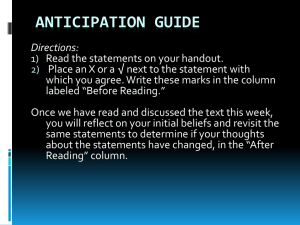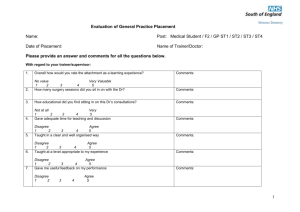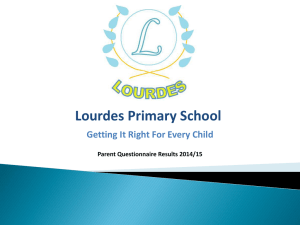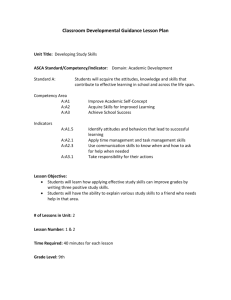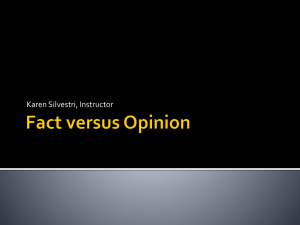How do your looks affect your self
advertisement
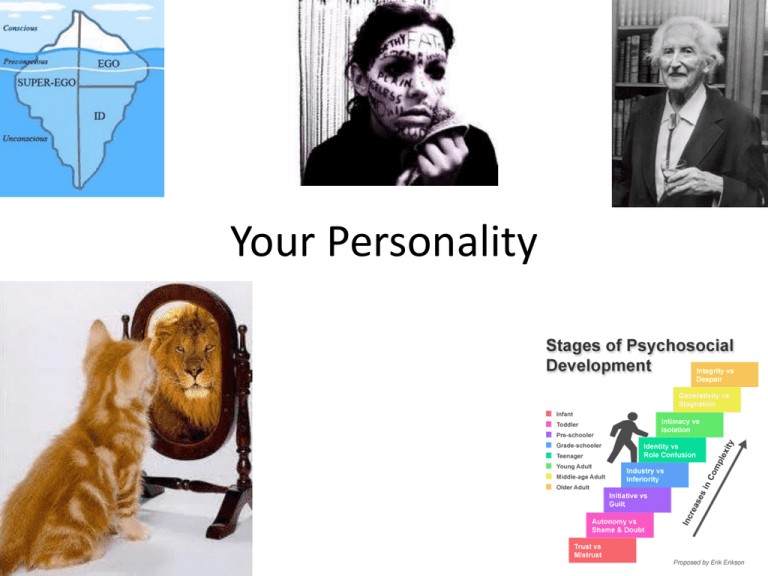
Your Personality Why are you they way you are? Psychologist’s theories on Personality Development Sigmund Freud: Main force behind personality development was the unconscious mind. Through socialization the ego and superego develop in order to control the basic drives and instincts of the Id. Psychologist’s theories on Personality Development Jean Piaget: ‘Stages of cognitive development’- people pass through 4 operational stages of mental development ending in adolescence Pg.128 Psychologist’s theories on Personality Development Erik Erikson: ‘8 stages of psychosocial development’. Erikson sees development as a series of conflict resolutions. Pg.131 Psychologist’s theories on Personality Development Charles Horton Cooley: People get their sense of self from the reactions of others to us. Others, he said, are like mirrors that show us who we are- ‘The Looking Glass Self’ theory Brainstorm how 3 different people in your life view you differently… share with a partner Extravert vs. Introvert Extraversion is the act, state, or habit of being predominantly concerned with and obtaining gratification from what is outside the self – An extravert will talk with someone else rather than sit alone and think – Take pleasure in activities that involve large social gatherings such as parties – They enjoy risk-taking and often show leadership abilities – Extraverts tend to think as they speak Extravert vs. Introvert Introversion is the state of or tendency toward being wholly or predominantly concerned with and interested in one's own mental life – Introverts tend to be low-key, deliberate, and relatively passive in social situations – Take pleasure in solitary activities such as reading, writing, drawing, watching movies – Enjoys time spent alone and find less reward in time spent with large groups of people – Easily overwhelmed by too much stimulation from social gatherings and engagement. – They are more analytical before speaking. Ambiversion is a term used to describe people who fall more or Less directly in the middle and exhibit tendencies of both groups. Statement I enjoy being the center of attention. I am skilled in handling social situations. I like to be where the action is. I make new friends easily. Agree Agree Agree Disagree Disagree Disagree Agree Disagree I am quiet around strangers. Agree I don't like to draw Agree attention to myself. I don't like to party on the Agree weekends. I like to work Agree independently. I often enjoy spending time Agree by myself. I am the life of the party Agree Disagree Disagree Disagree Disagree Disagree Disagree -For the first five questions, agreement indicates a tendency towards extraversion -For the last five questions, agreement indicates introversion Type A / Type B test -Personality Type A/B questionnaire is a modified version of the Jenkins Activity Survey (Jenkins, Zyzanski, & Rosenman, 1971). -word document




